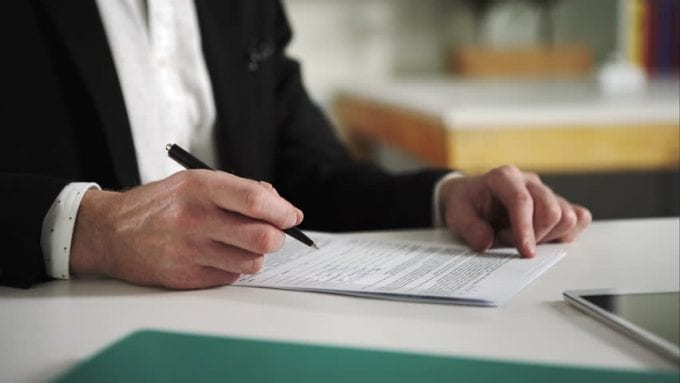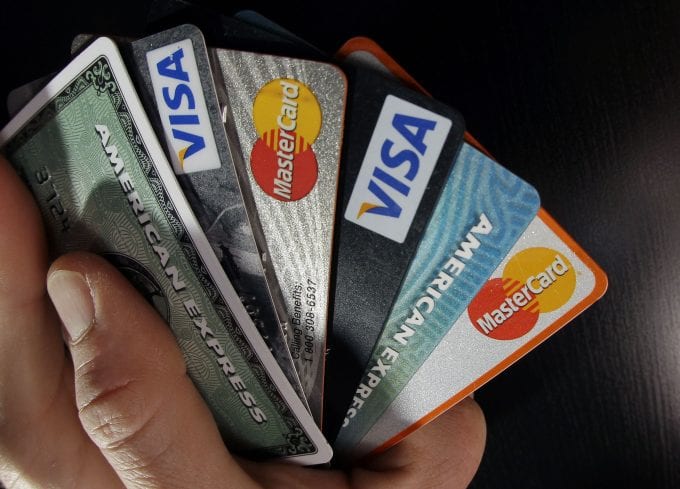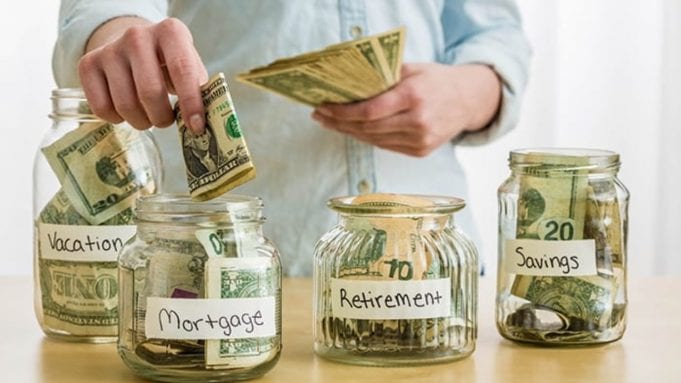Many people, families, and even institutions will teach you how to make money, but not how to keep and grow it. You see how important it gets as you get older. You realize the importance of being involved in what is going on in the world and how it affects the economy. You also learn how it can impact the money you’re earning, its value, and the amount of cash you probably keep for the rainy days (if you can, and we highly recommend it).
During the pandemic, the recession hit, and we are probably going to feel the full impact in 2025. So, let’s see how we can solve our money issues now so that we can feel at least a bit less overwhelmed by the whole situation.
1. Financial cleaning

Get yourself a credit report copy. You officially have the right to get one every year. This means you can see whether you still have a credit card that you’re paying for but stopped using it five years ago. This is a detailed page by page report of everything that has been opened on your name. It can be a credit card, a loan, a mortgage. This is to check how much credit you have and if someone opened an account under your name (which can happen many times).
2. Get your credit score (and no, it’s not the same as credit report copy)

The credit score is pretty simple to grasp. It will tell if you have a good score (great job) or a bad credit score (ok, definitely continue reading this article then). This is important if you want to buy a car, or get credit by a house, or a mortgage. So, the better the score, the easier it will be to get these. Lenders will have more trust in you, and then it’s more likely for you to get what you need. You would be surprised how many people are in debt because they don’t know how much money they own. A good start is to make a list of literally every single thing you owe. Have it on paper, take a good look at it, and your credit score should help you figure this out. Once you have a full look at what you need to pay back, you can start budgeting and figuring out ways to pay everything out. You will be able to make a solid plan and come up with a solution.
3. Find out what your APR is

After you did everything we wrote under number two, you should go into every individual account and find out the Annual Percentage Rate – the interest that the banks are charging you. While you are doing that, it would be nice to click on autopay. This means setting a specific date that suits and paying the necessary things without even thinking about it. Your credit score is also connected to this because it can be useful if you pay on time, and above the minimum. As per Myforexnews, It can even give you benefits in the future.
4. What can you cut out?

Check what your recurring payments are and if they are necessary or not. It will sound cliche, but 5 dollars there and 7 dollars here will make a considerable amount by the end of the month or year without you even noticing it, which means overtime. Check-in with your insurance and health policies and see if you are still using them if you can pay less for them, or even cut it out completely. In this regard, you can pay through digital wallet like IBANBit. You will also survive without too many subscriptions to courses you don’t even listen to.
5. What about credit cards?

Maybe you have a bunch of credit cards, and perhaps you have none because you are scared of them. In any case, we don’t recommend having more than three, because this can affect your score a lot. Credit cards are also the foundation for building your credit, but you need to know you to use them properly. If you are still wary of credit cards, think about it like this: one day, when you decide to buy a house, you will need a good credit score, and you cannot build it without your credit card. To make it less stressful, at first, you can get cashback 0%
APR credit card. This type of card doesn’t have an interest in the first twelve months. That means you can get a credit card, build your credit, and not pay the interest rate for a year (and get used to it).
These are the basics you should go through before going deeper into the matter. What we also recommend is DON’T FORGET YOUR USERNAMES AND PASSWORDS. Write it down somewhere safe, or find a secure place where you can write down your passwords and not worry, or find yourself in a situation where you type in the password, you have to reset it and guess what? Somehow it was the same password you typed in. This is a good start for your financial plan and dealing with the economy. Get to work, and good luck!









